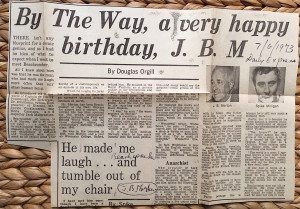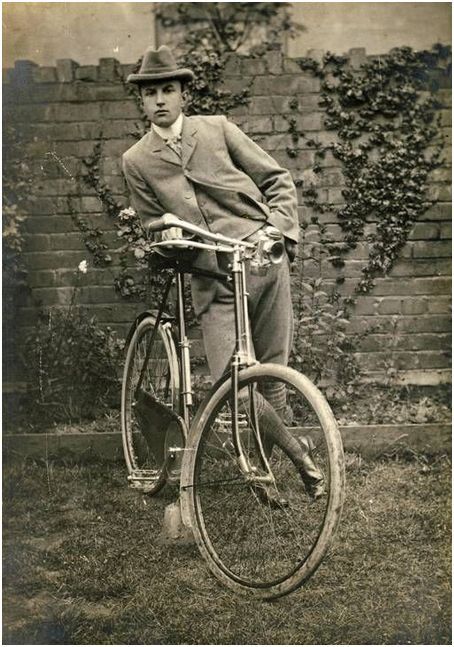
It is interesting to note that although the Paris Metro began its operation s in July 1900, this ‘ revised and updated ‘fourth edition of The Continong, which bears the date of 1906, omits to mention the existence of the famous rapid transportation system. This is bizarre, especially when under the heading ‘ Buses and Trams ‘ Mr Anar de la Grenouillere, complains about the extreme slowness of these old methods of transport which the Metro was partially designed to replace.
Phrases of politeness and greeting
‘ …never answer oui nor non along to a question; that’s English, but always add@ Monsieur, Madame, or Mademoiselle; that’s French.
…use the words Monsieur, Madame, Mademoiselle freely; sallow your insular pride, and do in France as the French do. Take of your hat to men as well as to ladies, when you meet them or come up to speak to them. If you have been introduced to a person, lady or gentleman, older than yourself, take off your hat first, when you meet him or her. Contrary to what is the custom in England, never wait for a lady to bow to you before taking your hat off to her.
When you are going to pay a call put your gloves on. When you are asked ti dinner, keep them on after being shown into the drawing- room until you go into the dining-.room. Don’t excuse yourself for wearing gloves when you are shaking hands. It is not only permissible but customary to shake hands with gloves on . Fashion has decreed it. The reason is this: in France gloves are not merely put on to prevent than hands from getting dirty, as seems to be the case in England, but they are part of the dress, i. e an ornament. Never wear soiled gloves when you are in Sunday attire…
Post-Offices.
When you get into a Post-Office in Paris, or in any other large French town, the first thing you notice is the foulness of the air. So, take a long breath before you go in…there are not nearly enough Post-Offices on Paris, and the result is that at certain hours of the day they are crowded beyond endurance. Moral:::::::: NEVER go to a Post-Office to buy a stamp, go to a Tobacconist’s…
N.B. Most Post-Offices are provided with a Cabine telephonique publique.
Letter boxes.
‘…There are a few pillar-boxes after the English style in Paris, but these have been painted a dark green colour, so they are not very conspicuous. They also sometimes have advertisements posted at the top of them; hence the pillar-box lloks like an ordinary pillar and not a receptacle for letters…
Tobacconists
…To most Frenchmen, English baccy tastes like hay, and is only fit for…Englishmen…
Continue reading

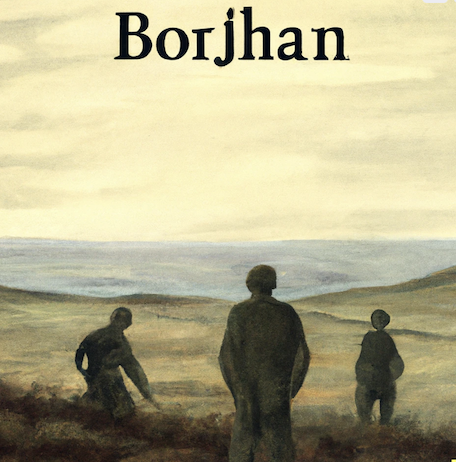
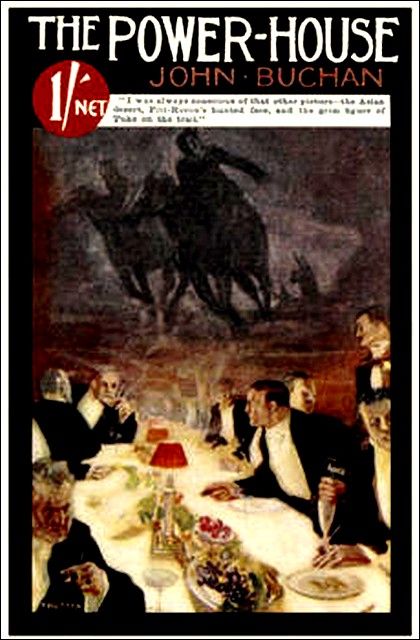

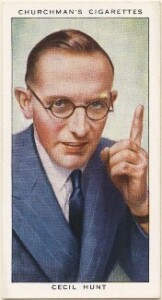 Cecil Hunt ( 1902 – 54) was a journalist, editor, novelist and anthologist best known throughout the English-speaking world for his compendiums of schoolboy ‘ howlers’. His first collection appeared in 1928 and proved to be a best-seller. At various times afterwards he produced other anthologies of howlers as well as guides to journalism, which he had studied at King’s College, London, and creative writing, books on the origins of words and a collection of unintentionally funny letters. He also wrote novels under two pseudonyms ( Robert Payne and John Devon). Interestingly, Hunt was President of the London Writers’ Circle and was instrumental in establishing Swanwick Writers’ Summer School. He died at just 51, but ironically his wife lived to be 107.
Cecil Hunt ( 1902 – 54) was a journalist, editor, novelist and anthologist best known throughout the English-speaking world for his compendiums of schoolboy ‘ howlers’. His first collection appeared in 1928 and proved to be a best-seller. At various times afterwards he produced other anthologies of howlers as well as guides to journalism, which he had studied at King’s College, London, and creative writing, books on the origins of words and a collection of unintentionally funny letters. He also wrote novels under two pseudonyms ( Robert Payne and John Devon). Interestingly, Hunt was President of the London Writers’ Circle and was instrumental in establishing Swanwick Writers’ Summer School. He died at just 51, but ironically his wife lived to be 107.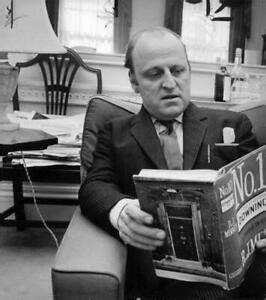
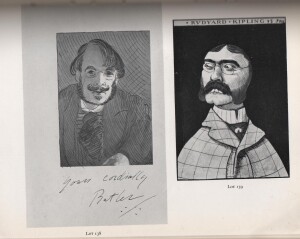
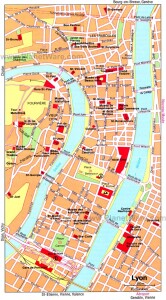
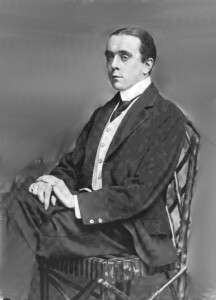
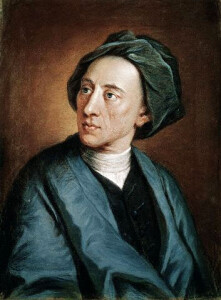
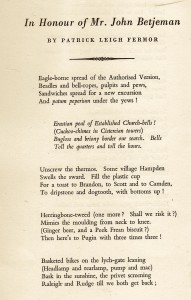
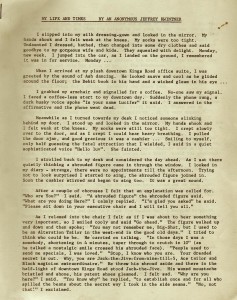
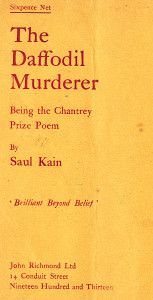 Found – a rather battered copy of Siegfried Sassoon’s early book The Daffodil Murderer (1913) published under the pseudonym ‘Saul Kain.’ In decent condition it has auction records like this from Bloomsbury Book Auctions in April 2009:
Found – a rather battered copy of Siegfried Sassoon’s early book The Daffodil Murderer (1913) published under the pseudonym ‘Saul Kain.’ In decent condition it has auction records like this from Bloomsbury Book Auctions in April 2009: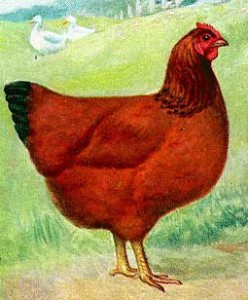
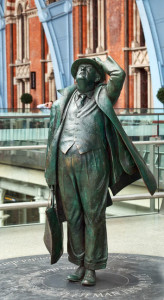 Found- in a copy of Nip in the Air (John Murray 1974) a book of poems by John Betjeman this affectionate parody by the esteemed travel writer Patrick (‘Paddy’) Leigh Fermor. It is probably from a magazine (pp 379-380), possibly The London Magazine but is not archived anywhere online. It is probably from the 1970s. It deserves a place in a completist Betjeman collection and in any future collection of
Found- in a copy of Nip in the Air (John Murray 1974) a book of poems by John Betjeman this affectionate parody by the esteemed travel writer Patrick (‘Paddy’) Leigh Fermor. It is probably from a magazine (pp 379-380), possibly The London Magazine but is not archived anywhere online. It is probably from the 1970s. It deserves a place in a completist Betjeman collection and in any future collection of 